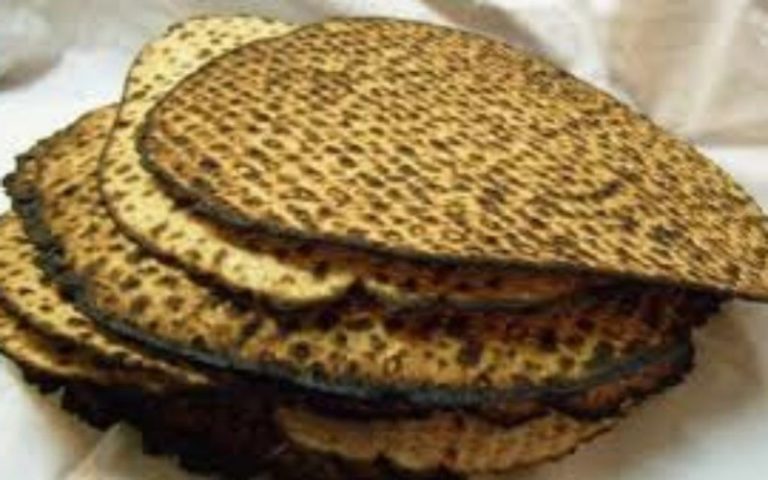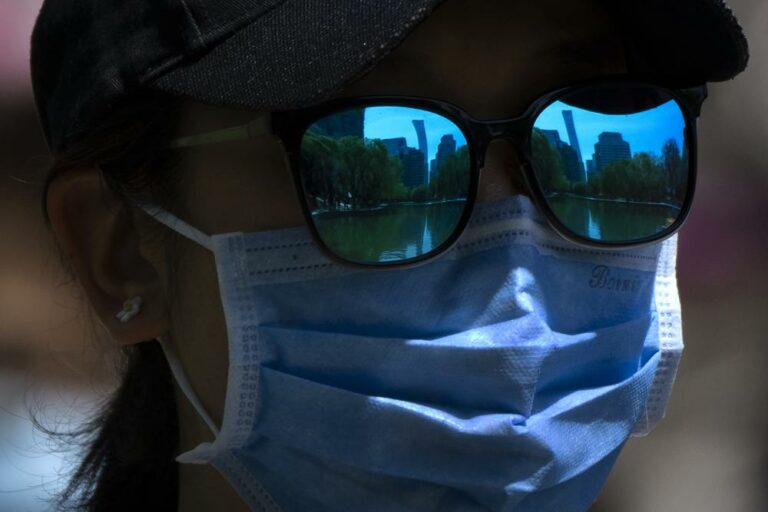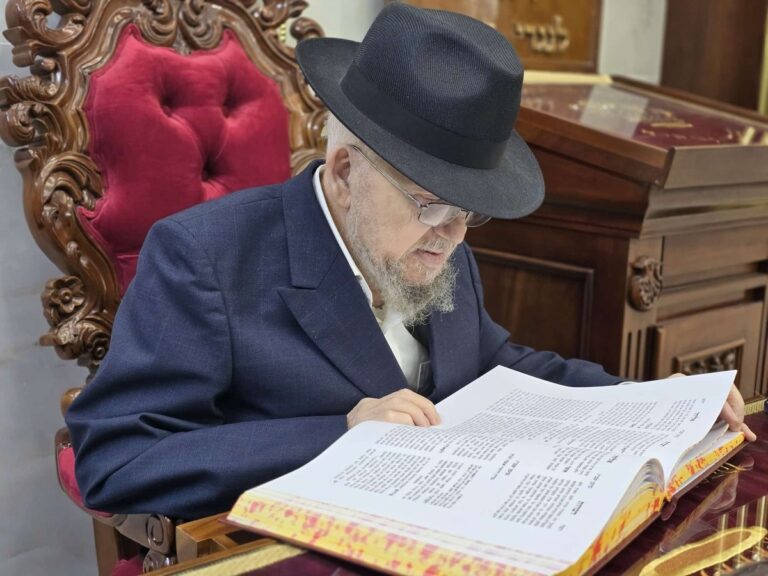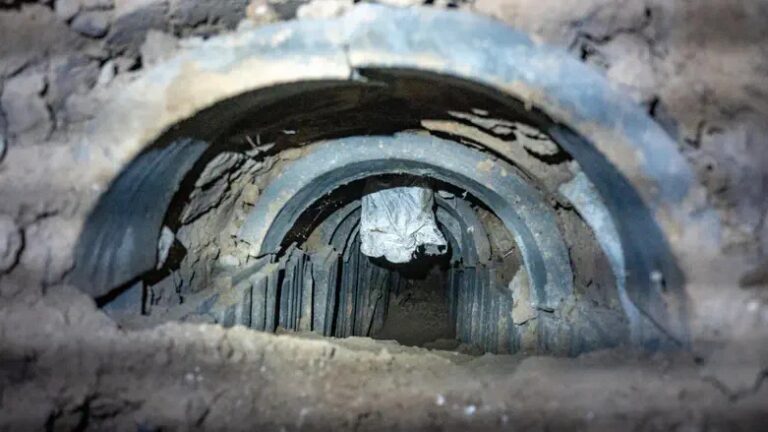 The winter snowstorm last week unfortunately led to increased chilul Shabbos and an estimated 40,000 plus Israelis traveled north on Shabbos to enjoy the snow.
The winter snowstorm last week unfortunately led to increased chilul Shabbos and an estimated 40,000 plus Israelis traveled north on Shabbos to enjoy the snow.
Heavy traffic was reported on many northern roadways on motzei Shabbos including Route 65, the Nachal I’ron area (Wadi Ara) along with Routes 85, 90 and 77.
According to police, at least 5,000 visitors made their way to the Mt. Hermon ski lodge and an estimated 40,000 Israelis visited nature reserves areas that were blanked with fresh snow.
The chilul Shabbos was also apparent in Yerushalayim as many non-frum residents of other areas came to see the remnants of the snowfall in the capital.
(YWN – Israel Desk, Jerusalem)











7 Responses
Clearly, the expression “live and let live” has no place in the philosophy of YWN’s “Israel Desk, Jerusalem”. Chilul shabbat will, unfortunately, always be with us whether we like it or not.
It might be better to look inwards in these matters and to ensure that ourown Shabbat observance is as near perfect as we can possibly make it.
When we have done that, then and only then may we piously criticize the actions of others.
To see chilul shabbos all over EY on any given shabbos can make any yid’s heart bleed, but this article makes no sense. the snowstorm did not cause any chilul shabbos. the people that were mechalel shabbos this week are nebach mechalelei shabbos and would be at home being mechalel shabbos if not for the snow. Bad excuse for a story
I don’t understand the point of this article. These are not frum yidden. If they weren’t driving north to ski or enjoy the snow, they would be driving to the beach or somewhere else.
Snowstorms do not lead to chillul Shabbos. it is a choice that people make. We need to work harder to teach, love and reach out to our fellow Jews so that the next time it snows they make the decision to stay home celebrating Shabbos.
“blanketed” – not “blanked”
Chaim ben Yehuda Zev, #1:
The phrase “live and let live” as far as it concerns one Jew’s relationship to another has no place in the Torah either, it is an expression of the hashkafa of the West and virtually the direct antithesis of the Torah’s take on it:
Ve ahavta lere’echa kamocha!
Rather than ‘pious criticism’, I understood this article as an expression of pain over the state of our brothers and sisters, may H’ open all their hearts to do teshuva shelema
#1
Well said.